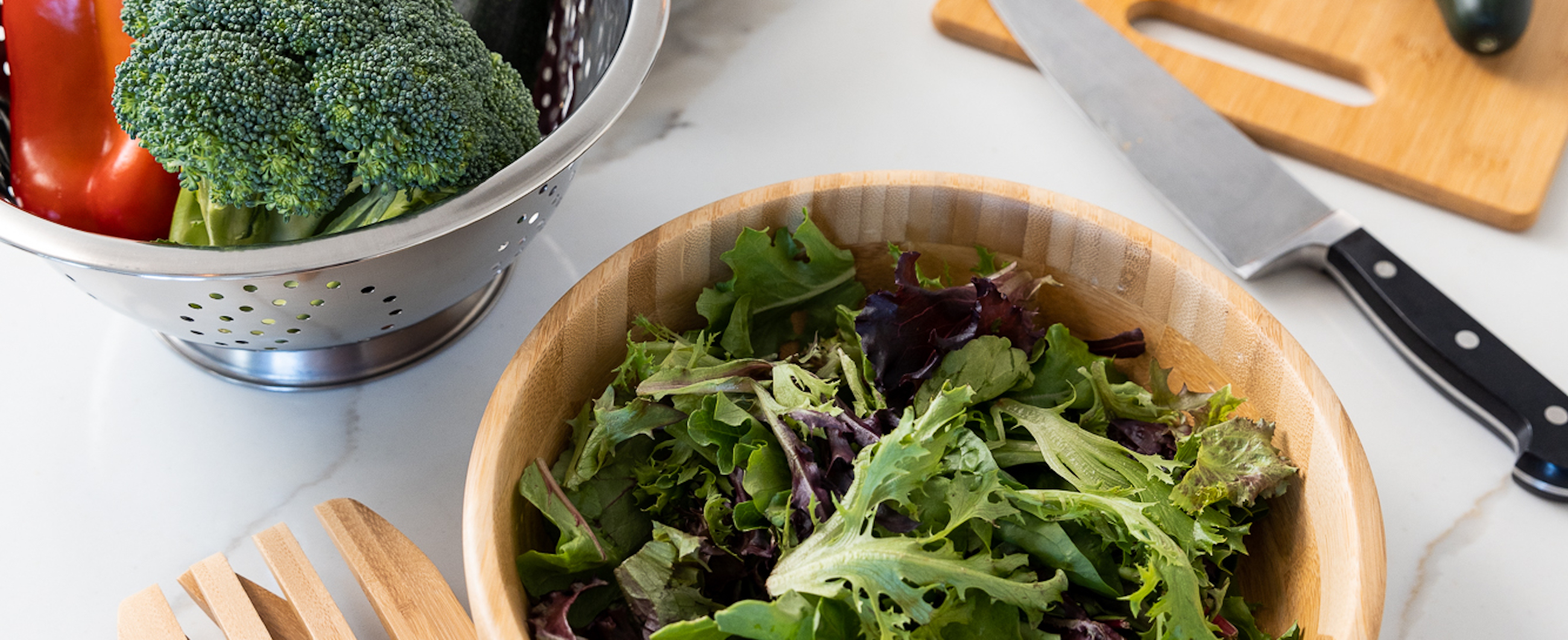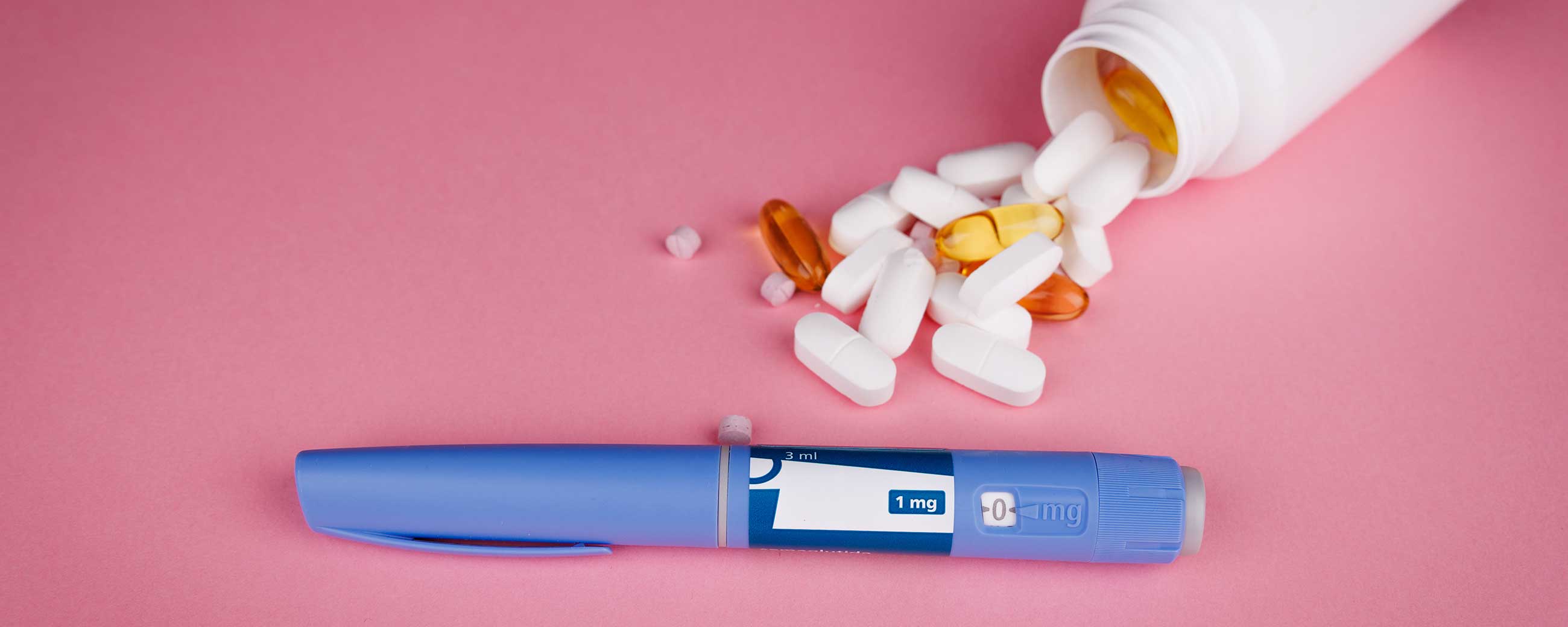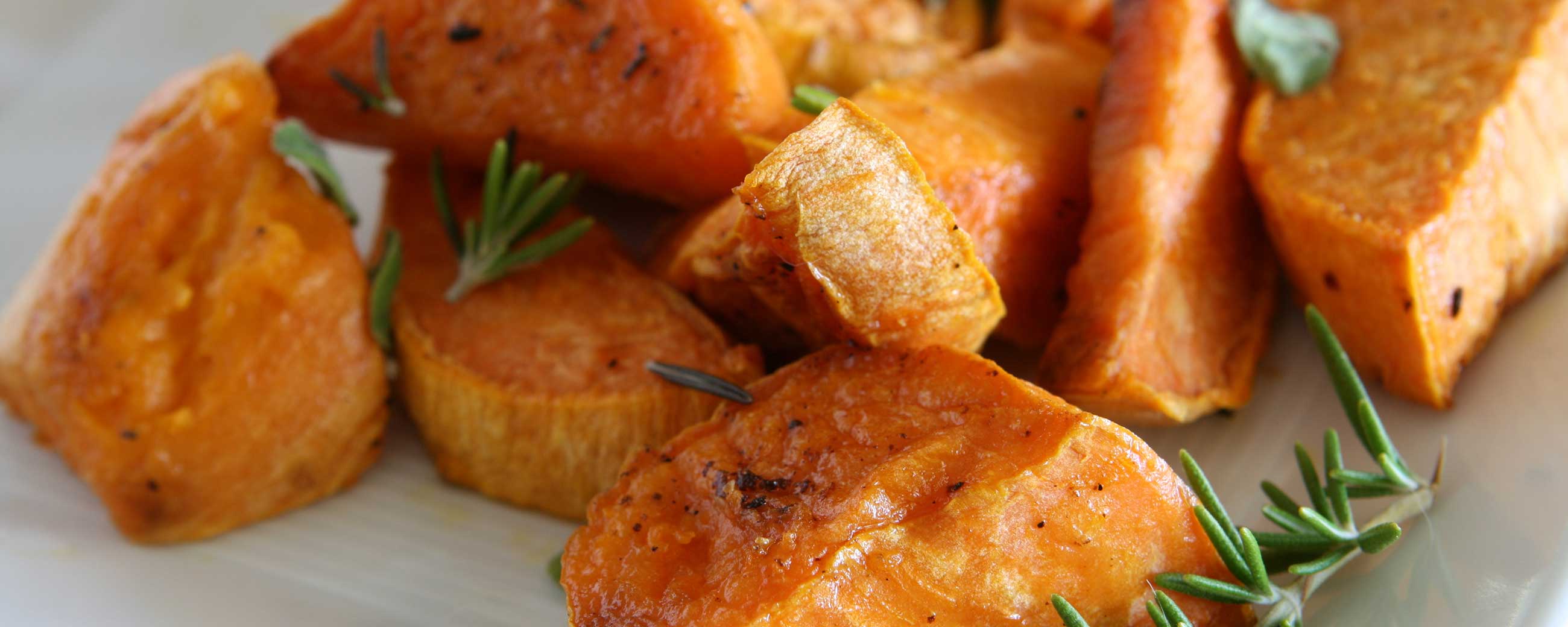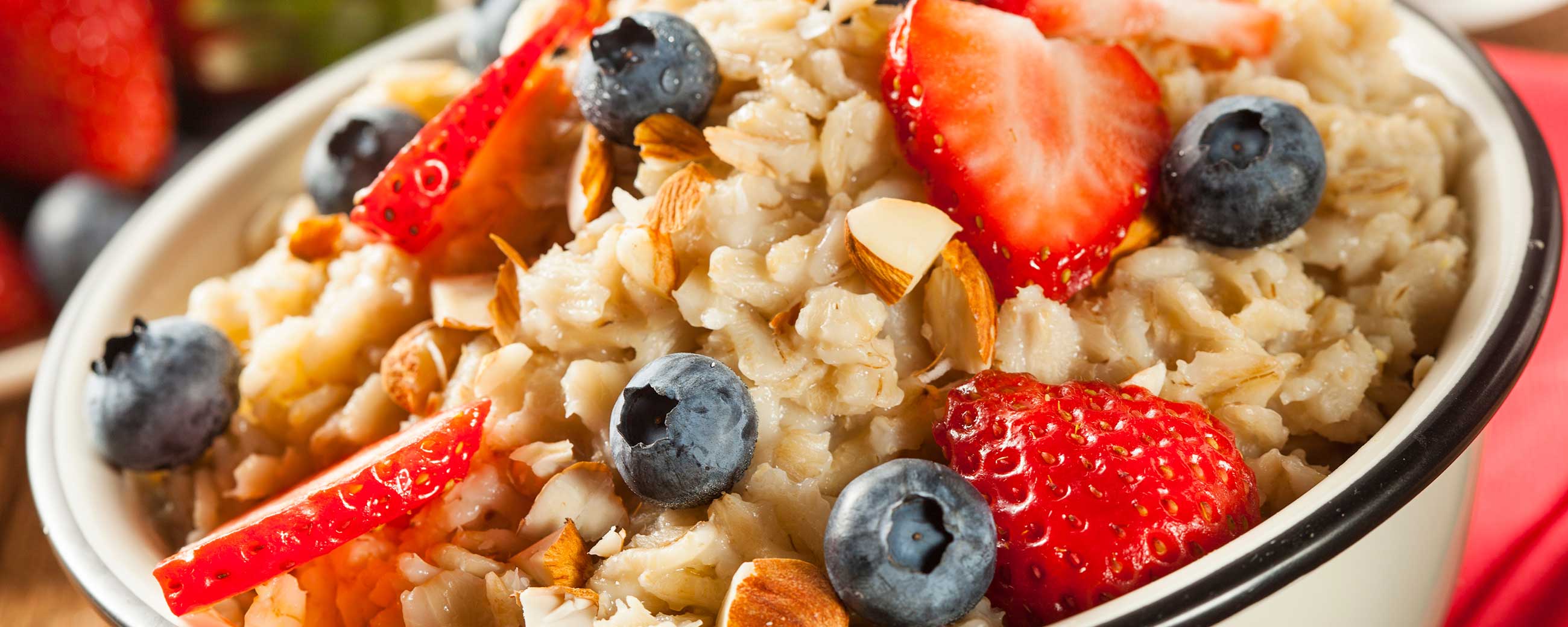
Insulin Resistance Diet: Foods to Eat and What to Avoid

Insulin resistance is a condition in which cells stop responding properly to the signal of insulin (a hormone that helps regulate blood sugar). Over time, insulin resistance can lead to diseases like prediabetes, obesity, and type 2 diabetes.
If you’ve been diagnosed with type 2 diabetes or prediabetes, which are diseases of insulin resistance, you’re probably overwhelmed with information, especially when it comes to your diet and understanding what foods are best for you. You may have heard that certain foods, like white flour and sugar, will cause spikes in your blood sugar. But it’s usually more complicated than that, and it can be frustrating to hear “just eat healthier.”
But there is some good news. By making certain diet and lifestyle changes, it’s actually possible to reverse conditions associated with insulin resistance like prediabetes and type 2 diabetes. So what is the best way to eat if you have insulin resistance and want to reverse your prediabetes or type 2 diabetes?
What type of diet is best for insulin resistance and diabetes?
If you are insulin resistant, you'll want to eat foods that have a regulating effect on your blood sugar levels such as fruits, vegetables, legumes, protein, and healthy fats. Fat and protein can both blunt the blood sugar response after eating carbohydrate-containing foods. Since one of the consequences of insulin resistance is that your body isn’t able to regulate blood sugar normally, a low-carb diet can help stabilize blood sugar. Low-carb diets are also well-studied, and have been shown to reverse health conditions that arise as a result of insulin resistance like prediabetes and type 2 diabetes."
At Virta, our patients follow a well-formulated ketogenic diet – or a low-carb diet incorporating fat for satiety. This way of eating is well-researched and can help reverse type 2 diabetes and prediabetes. And often, improvements happen quickly. In a clinical trial, we found that 47.7%¹ of patients reversed their diabetes within 10 weeks of the program – following a low-carbohydrate diet, supported by health coaches and tracking their progress in an app. See if you’re eligible for Virta here.
How to start
Below you will find a list of common foods that you may want to incorporate into your diet to help improve your insulin resistance.
Foods to combat insulin resistance
It’s important to eat foods that stabilize blood sugar because they also help avoid insulin spikes. In general, these foods are low in carbohydrates.
Fruits
If you struggle with insulin resistance, try eating fruits in moderation. While fruits contain “natural” sugar, they still contain carbohydrates and can spike blood sugar, especially fruits like apples, bananas, and mangoes, which all have high sugar content. But there are some fruits that have a more moderate sugar content–they tend to be lower in total carbohydrate, of which a significant portion is fiber. Some lower carb fruits include:
- Berries (raspberries, blueberries, strawberries)
- Lemons
- Limes
- Avocado
- Tomato
- Coconut
- Cranberries
Vegetables
In general, vegetables are a good choice if you are insulin resistant. Dark or leafy green veggies tend to be a great option – think broccoli, brussel sprouts, kale, etc. Limit or avoid carrots, root vegetables (like potatoes and yams), and other starchy vegetables that are high in carbs.
- Broccoli
- Kale
- Spinach
- Brussel sprouts
- Cucumber
- Cauliflower
- Asparagus
- Bok Choy
- Eggplant
- Green beans
- Collard greens
- Garlic
- Onions
- Peppers (green/red/yellow)
- Snow peas
Protein
While protein has a moderate impact on blood sugar, too much can result in a significant glucose rise. However, it’s also important not to eat too little protein, as too low of intake can have serious consequences.
There’s generally a “Goldilocks” number for the amount of protein those with insulin resistance should be eating.
When embarking on a low-carb or well-formulated ketogenic diet for insulin resistance or to reverse type 2 diabetes, there are necessary changes in how the body uses its incoming macronutrients to maintain (if not improve) health and function. To achieve this requires enough protein but not too much—balance is important. Individual needs and tolerances may vary, but in almost all cases they are found within the range of 1.2 to 2.0 grams per kilogram reference body weight.
Here are a few good sources of protein to consider:
- Eggs
- Cheese
- Chicken
- Pork
- Nuts
- Fish
- High protein tofu
- Plain, whole milk greek yogurt
- Full-fat cottage cheese
- Beef
Fats
Virta patients tend to get a majority of their calories from healthy fats, since fat keeps you full longer, has a stabilizing effect on blood sugar, and becomes a primary fuel source instead of carbohydrates. Here are some good sources of fat:
- Nuts
- Nut butter
- Cooking oils like avocado oil, olive oil, coconut oil
- Coconut milk
- Full fat salad dressings
- Eggs
- Full fat cheeses and cottage cheese
- Full fat Greek yogurt (plain, unsweetened)
- Seeds like hemp hearts and chia seeds
- Fatty fish
- Butter or ghee
- Heavy cream or half-and-half
Foods to limit or avoid
Because carbohydrates are broken down into sugar in your body, and being insulin resistant means that your body either can’t produce enough insulin or isn’t responding to insulin as it should to bring blood sugar back down, it’s usually a good idea to limit sugar and carbohydrates. While some foods like brown rice, potatoes and oatmeal are typically considered “healthy,” they could also spike your blood sugar if you are insulin resistant.
Here are a some foods you may want to avoid if you are insulin resistant:
- Chips
- Pretzel
- Rice
- Bread
- Pasta
- Candy
- Desserts and sweets
- Baked goods
- Agave
- Honey
- Jams and jellies
- Fruit juice
- Bagels
- Crackers
- Snack bars
- Alcohol
- Sugar, syrups, and sugar-sweetened food items and beverages (like soda, sweet tea, sweetened breakfast cereals, and flavored yogurts)
Insulin resistance and diabetes diet tips
This may all seem like a lot to remember – so here are some helpful tips and tricks to keep in mind if you’re insulin resistant and looking to make some changes to your diet.
Opt for whole foods
Many pre-made or processed foods contain hidden sugar. If you can opt for non-processed, whole foods, you know exactly what you’re eating.
Consistency is key
Starting anything new requires consistency to see results. Sticking with your dietary changes is essential, otherwise the effects of insulin resistance will reoccur. Find allies in your life – family, friends – who can be accountability partners and help you make healthy choices.
If you need some extra support – Virta has health coaches who are available 7 days a week, and can support you to make lasting changes – learn more and see if you’re eligible for Virta here.
Dial in your grocery shopping
It can be overwhelming to know which foods to buy at the grocery store. Make sure you’re going to the store prepared with a grocery list.
In closing
By changing the way you eat, you may be able to reduce insulin resistance and even reverse associated conditions like prediabetes and type 2 diabetes.
Success stories: Sean

“On Virta, I have already lost 25 pounds, reduced my A1c from 7.0% to 5.6%--which is below even prediabetic levels. Now, I can play hoops with my daughter. I can walk with my dog. I can truly enjoy life again. I can’t wait for the weather to warm up enough to get back out on the trails. I used to love to hike, and I really want to share that with my family again. Because of Virta, I know I can.”
A note on safety: The information we provide at virtahealth.com and virtahealth.com/blog is not medical advice, nor is it intended to replace a consultation with a medical professional. Please inform your physician of any changes you make to your diet or lifestyle and discuss these changes with them. If you have questions or concerns about any medical conditions you may have, please contact your physician.
This blog is intended for informational purposes only and is not meant to be a substitute for professional medical advice, diagnosis, or treatment. Always seek the advice of your physician or other qualified health provider with any questions you may have regarding a medical condition or any advice relating to your health. View full disclaimer
Are you living with type 2 diabetes, prediabetes, or unwanted weight?

1. McKenzie AL, Hallberg SJ, Creighton BC, et al. A Novel Intervention Including Individualized Nutritional Recommendations Reduces Hemoglobin A1c Level, Medication Use, and Weight in Type 2 Diabetes. JMIR Diabetes. 2017; 2(1):e5.








